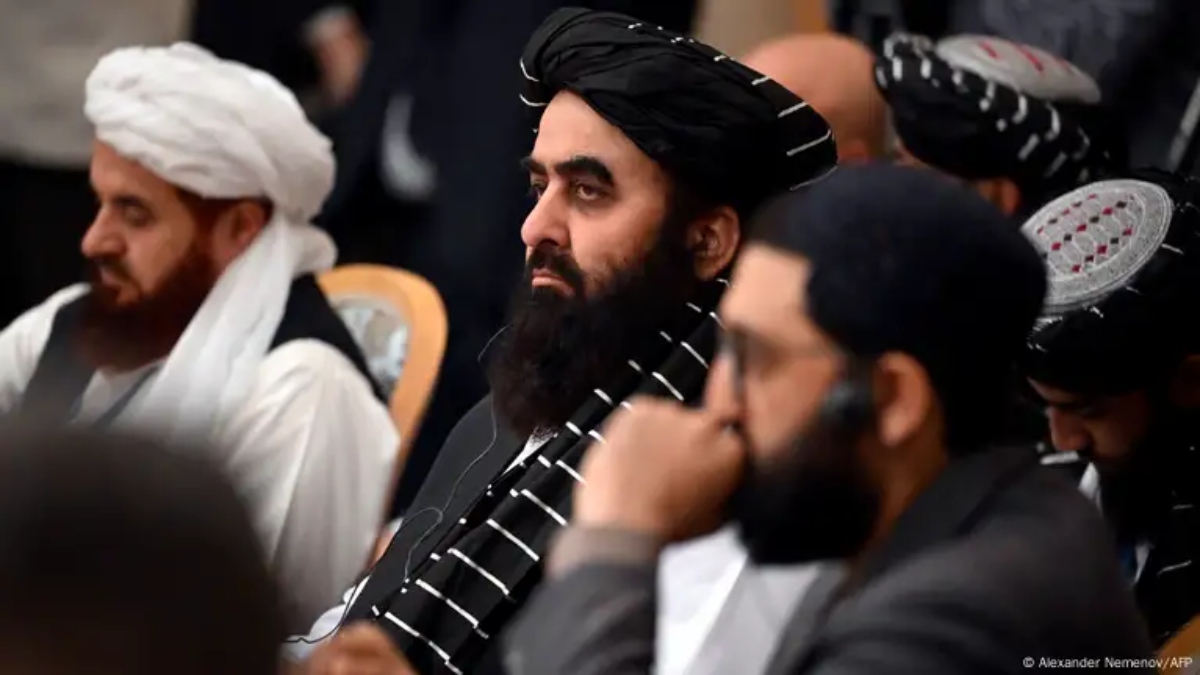Afghanistan’s Acting Foreign Minister Amir Khan Muttaqi arrived in New Delhi on Thursday as he kick-started his 8-day visit to India. Upon his arrival, the Ministry of External Affairs in India extended a warm welcome, with MEA spokesperson Randhir Jaiswal releasing a statement over it.
“Warm welcome to the Afghan Foreign Minister, Mawlawi Amir Khan Muttaqi, on his arrival in New Delhi. We look forward to engaging discussions with him on bilateral relations and regional issues,” Jaiswal wrote in a post on X, formerly known as Twitter.
What makes the trip significant is the fact that this is the first ministerial-level visit from Kabul to New Delhi since the Taliban assumed power in Afghanistan on August 15, 2021. The visit is also coming at a crucial time for regional diplomacy as India engages cautiously with the Taliban administration.
India’s cautious gambit
It is pertinent to note that India does not formally recognise the Taliban regime in Afghanistan. In fact, Muttaqi’s trip to the country was only made possible by the UN granting a temporary exemption to the travel ban imposed on him. During his trip, the Taliban foreign minister is expected to urge India to allow the Afghan regime to post an official envoy to the Afghan embassy in New Delhi and seek permission to expand the staff of Afghan consulates in Mumbai and Hyderabad.
For over four years, New Delhi has walked on a strategic tightrope of maintaining humanitarian contacts with Kabul while keeping diplomatic ties limited. 10 months after the Taliban took over Kabul, India sent a “technical team” to the Afghan capital to coordinate the delivery of humanitarian assistance and to see how New Delhi could support the Afghan people.
Impact Shorts
More ShortsSince then, the Taliban has been seeking approval to post their representative in the country. In November last year, senior Indian Foreign Ministry official JP Singh held multiple meetings with Taliban representatives, including a notable meeting with acting Taliban Defence Minister Mullah Mohammad Yaqoob.
However, the biggest diplomatic exchange between the two nations came after senior diplomat Vikram Misri met Taliban Foreign Minister Muttaqi in Dubai in January this year.
The Pak issue
Interestingly, closer ties between India and Afghanistan are coming at a time when New Delhi’s ties with Pakistan have deteriorated after the Pahalgam terror attack in Kashmir. Muttaqi’s visit, too, “points to a union of interests of India and Afghanistan,” Shanthie Mariet D’Souza, an expert on Afghanistan affairs, told DW.
The Taliban regime “needs to expand its horizon of interaction and legitimacy, while for New Delhi, it is an agenda of gradually scaling up its engagement with the de facto rulers of Afghanistan to regain its strategic space,” D’Souza, who serves as the head of independent research forum Mantraya, told the German news outlet.
India now has the chance to re-establish a presence in Kabul by increasing developmental efforts, capacity building, technical assistance and providing visas for medical and education purposes. “However, it would be presumptuous to assume that the Taliban are looking for an exclusive relationship with India, as they aim to maintain a ‘balanced’ foreign policy, a point that Muttaqi has made clear on numerous occasions,” she added.
Meanwhile, the diplomatic endeavours are also coming at a time when the Taliban is seeking to distance itself from Pakistan amid border tensions. Pakistan have also been sending a flux of migrants back to Afghanistan, causing animosities between the two nations. Overall, it’ll be interesting to see the outcome of Muttaqi’s visit.
)